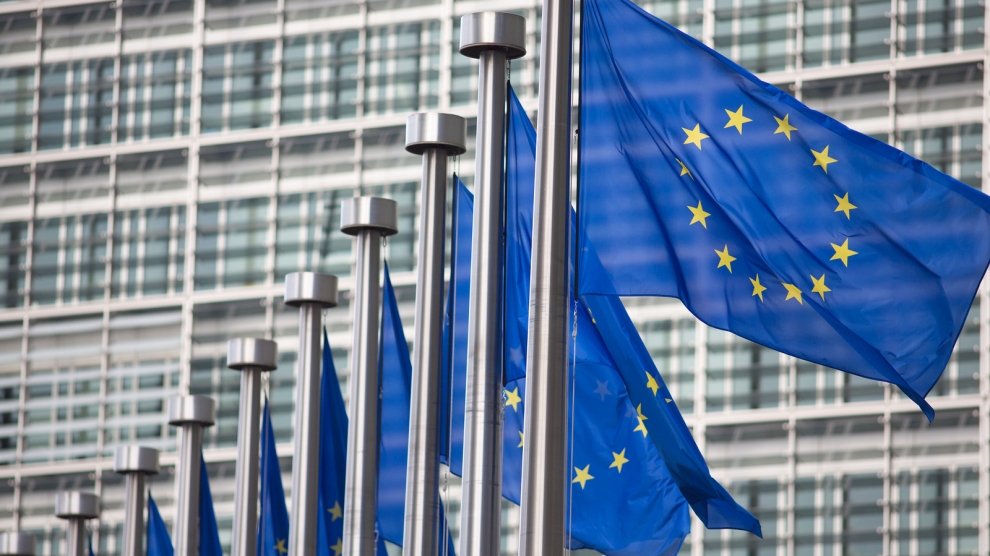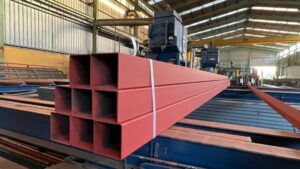The European Commission must take concrete action to address the high power costs that are harming the EU’s metals industries, industry associations Eurometaux and the European Aluminium Association said in a letter to the EC.
As a result of a quadrupling of electricity prices, over half of the EU’s aluminum and zinc smelters are currently operating at reduced capacity or have temporarily closed, they said in a letter Jan. 18.
All nine electrolytic zinc smelters in the EU have been heavily affected by the power crisis, Eurometaux said, with some EU zinc smelters having halted production and others curtailing output by between 10% and 50%.
In addition, an estimated 650,000 mt/year of primary aluminum capacity, about 30% of its total, has been temporarily lost as well, despite the growing demand for aluminium in Europe and globally.
“It’s alarming to see that European aluminum producers face curtailments, closures and job losses due to unbearable energy-related costs while our global competitors increase their primary aluminum capacity,” the European Aluminium Association’s director general Gerd Götz told S&P Global Platts.
“We need quick and effective policy measures to ensure an abundant and reliable renewable energy supply at an affordable cost, in conjunction with flexible emergency state aid tools to ensure the EU’s overall strategic autonomy and climate-neutrality ambitions can be met.”
The associations want to see an emergency state aid framework that provides clear conditions and rules allowing member states to take quick action to help national industries during times of high energy prices.
Among the concrete measures requested, Eurometaux suggested in the short term the use of national strategic gas reserves to stabilize market prices and a cap on carbon prices on the EU Emissions Trading Scheme, which have hit successive record highs.
In the medium term, “any phase-out of traditional power sources must be preceded by the deployment of new dispatchable generation in order to ensure a smooth transition and avoid power shortages and volatile prices,” the associations said.
Metals including aluminum, copper, nickel, zinc, and silicon are all significantly more electricity-intensive to produce than other materials and are priced globally as commodities. Power costs make up around 40% of their production costs.
— Annalisa Villa






